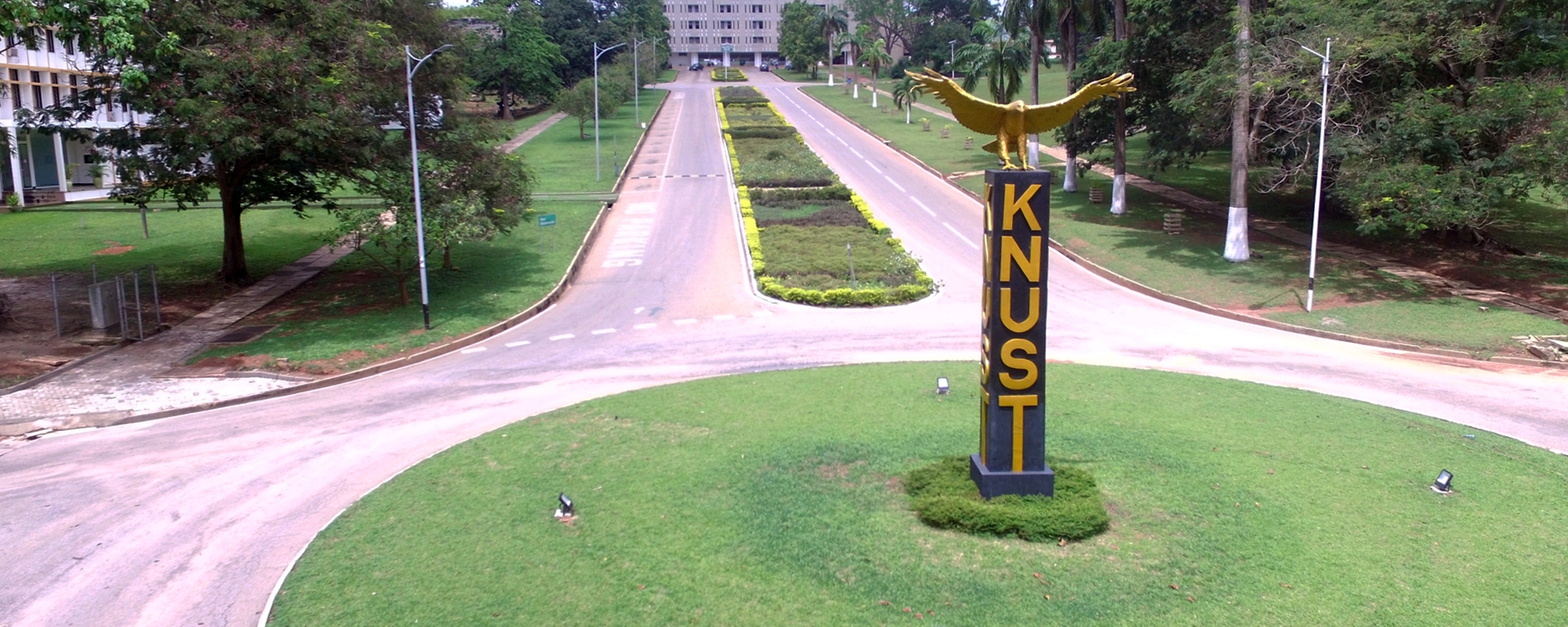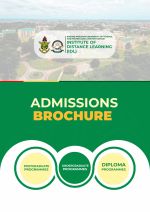Overview
The MSc. Economics programme is one-year advanced degree programme in the Economic Sciences designed to train professionals for industry both at home and abroad. The rationale is to develop competences in three core courses: macroeconomics, microeconomics and econometrics plus a host of relevant electives. This will not only serve as good preparatory grounds for those who aim at pursuing economics to the MPhil/PhD level, but will provide them with the requisite skills that have become increasingly important for modern day industry.
Aside the general MSc Economics pathway that the programme offers, students have the opportunity for options in (i) Money, Banking and Finance, (ii) Energy and Resource Economics. (Accra Centre Only)
MSc Economics (Money, Banking and Finance Option) is aimed at training professionals with career aspirations in the banking and other financial services industry. Students will therefore graduate with solid background in monetary theory, treasury management, banking regulations, risk management, corporate finance, investment analysis, financial problem solving, and IT skills in econometric and forecasting methods relevant for empirical investigations into banking and financial issues in the banking and other financial services industry.
MSc Economics (Energy and Resource Economics Option) (Accra Centre Only) is also aimed at training professionals with career aspirations in the energy and natural resources industry, thus students will graduate with solid background in energy economics, resource economics, oil and gas economics, energy markets and security, energy modelling, environmental economics and policy, energy, environment and sustainable development, electricity economics, among others. These areas are rapidly increasing in importance due to numerous related challenges, such as climate change, resource exhaustion, energy affordability and energy security.
Modules and courses
Core Courses, Year One: Semester One
|
Course Code |
Course Name |
T |
P |
C |
|
ECON 561 |
Microeconomics I |
3 |
0 |
3 |
|
ECON 563 |
Microeconomics II |
3 |
0 |
3 |
|
ECON 565 |
Macroeconomics I |
3 |
0 |
3 |
|
ECON 567 |
Macroeconomics II |
3 |
0 |
3 |
|
ECON 579 |
Quantitative Methods in Economics |
3 |
0 |
3 |
|
ECON 571 |
Econometrics |
2 |
2 |
3 |
|
Total |
17 |
2 |
18 |
Core Courses, Year One: Semester Two
|
ECON 582 |
Industrial Ethics |
3 |
0 |
3 |
|
ECON 580 |
Research Methods in Economics* |
2 |
2 |
3 |
|
Total |
5 |
2 |
6 |
Elective Courses, Year One: Semester Two
|
Course Code |
Course Name |
T |
P |
C |
|
Optional Courses (Select any Four) |
||||
|
ECON 566 |
Monetary Economics and Financial System |
3 |
0 |
3 |
|
ECON 572 |
Corporate Finance and Investment |
3 |
0 |
3 |
|
ECON 574 |
Energy Economics |
3 |
0 |
3 |
|
ECON 576 |
Resource Economics |
3 |
0 |
3 |
|
ECON 578 |
Environmental Economics and Policy |
3 |
0 |
3 |
|
ECON 554 |
Public Sector Economics |
3 |
0 |
3 |
|
ECON 552 |
Economics of Development |
3 |
0 |
3 |
|
ECON 564 |
International Economics |
3 |
0 |
3 |
|
ECON 556 |
Economic Policy Analysis |
3 |
0 |
3 |
|
ECON 558 |
Economics of Education |
3 |
0 |
3 |
|
ECON 562 |
Health Economics |
3 |
0 |
3 |
|
Total |
12 |
0 |
12 |
|
|
ECON 590 |
Thesis |
0 |
18 |
9 |
|
Overall Total |
34 |
22 |
21 |
|
Mode of course delivery
The programme is offered through distance education, a learning oriented system allowing greater flexibility in learning while students continue with their regular professional work. The programme is offered in a mixed mode format. The approach uses print and electronic media in order to be responsive to the needs of the learner and also maximize the use of technology in course delivery.
At the heart of the programme is excellent online learning materials developed by capable and competent resource persons from KNUST and other recognized institutions.
Academic Support Systems/Services
Limited face-to-face facilitated sessions are provided at all the Learning Centres. These sessions are supported by print and electronic materials, and local learning facilitators who also support and direct students as they work through the resources provided.
The Centres provide learning support to students living in different parts of the country, thus reducing travel expenses.
Learning centres
Head of department
Exam officer
Programme coordinator
Mr. John Dramani Bosco
Biography
- A good First degree, preferably Second class lower or better in the following disciplines: BA/BSc. Economics, BA/BSc. Economics (with Finance, Mathematics, Statistics, Geography, Law, Sociology, Political Science, and History); Bachelor of Business Administration, BSc. Mathematics/Statistics/Engineering /Physics/Actuarial Science/ Environmental Science/ Land Economy/Natural Resource Management; BA/BSc Geography/Geography and Resource Development/Geography and Rural Development/Geography and Regional Planning; and related disciplines.
- Satisfactory score in the MSc Economics Admission Test.
- All applicants must pass a written examination and/or an interview. Applicants who wish to pursue the MPhil must submit (in about 500 to 700 words) the following:
i. An outline of research proposal
ii. Statement of purpose.
- All postgraduate programmes are for duration of between 1.5 to 2 Academic Years

How to Apply
Pursuing an academic programme is an important step toward your future — and we're here to help


